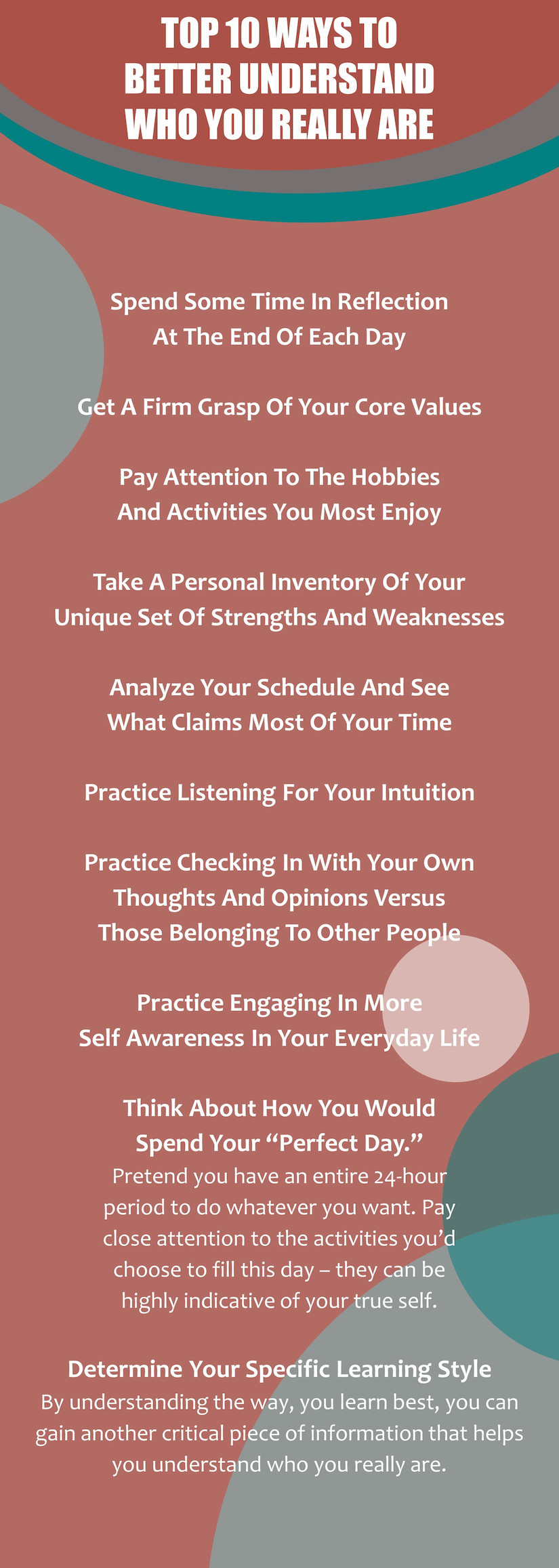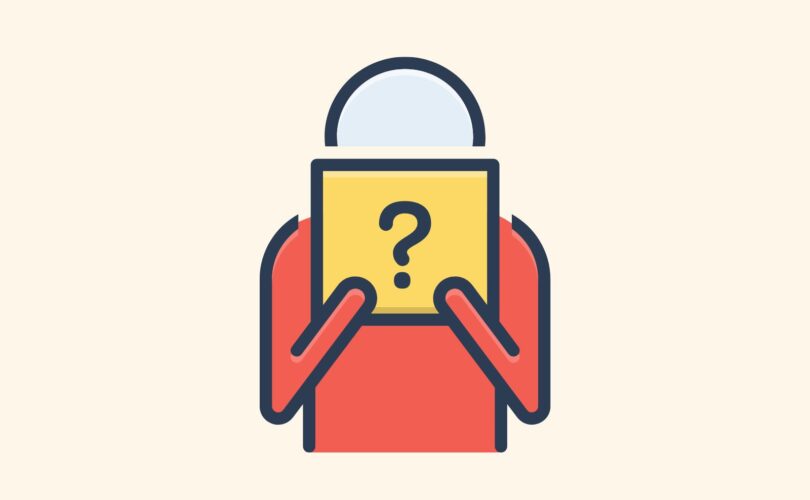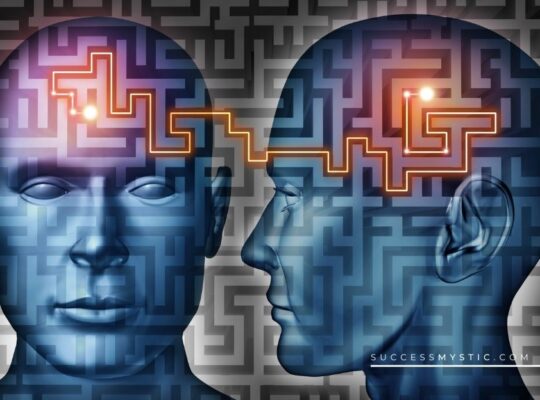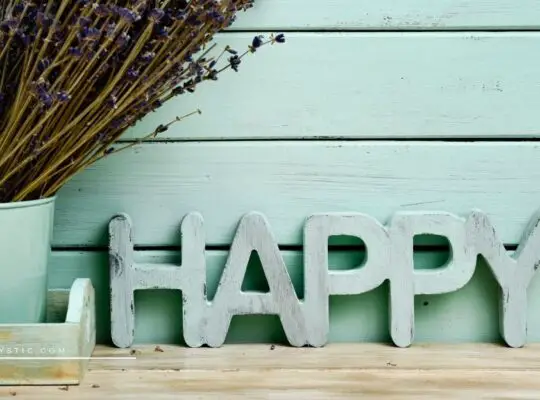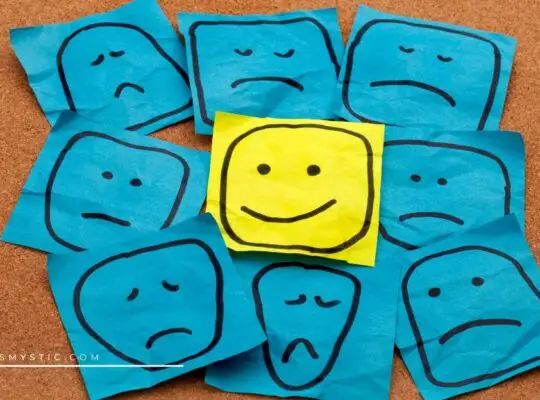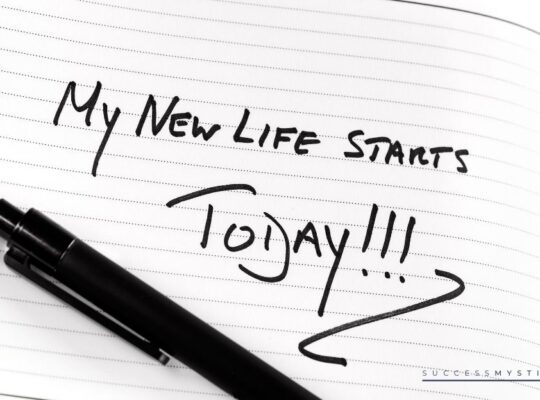It may seem like a silly question, but many people cannot provide a clear answer to it: do you understand who you really are?
If you also find yourself struggling to give a good, strong answer to this question, you may need to spend some time reflecting on yourself, your life, your passions, and more to gain a clearer understanding of your true self. To make that process a little easier, consider using these ten strategies to gain a better understanding of who you really are.
#1 Spend Some Time In Reflection At The End Of Each Day
As a part of your bedtime routine, spend some time engaged in reflection of the previous day. You may choose to journal about your day or simply think through everything that happened. However, you choose to reflect, you can learn a lot about yourself.
Think about the words and actions you chose, your reactions to various situations, and your struggles. As you’re living life “in the moment,” it can be tough to understand what’s happening. Taking time to analyze yourself at the end of each day can help you better understand who you really are.
#2 Get A Firm Grasp On What Your Core Values Are
Your core values, or the beliefs and values you hold closest as your personal truths, can tell you a lot about who you really are. Take some time to really explore what your core values are, be able to name them, and then identify how they affect your life. Having a firm grasp on your core values will make understanding yourself in a variety of life’s contexts much easier.
#3 Pay Attention To The Hobbies And Activities You Most Enjoy
When you find yourself with a little bit of free time, what are you most likely doing? Pay close attention to the different hobbies and activities you most enjoy and find yourself drawn toward – these can be huge indicators of who you really and truly are.
#4 Take A Personal Inventory Of Your Unique Set Of Strengths And Weaknesses
All people have their own unique sets of strengths and weaknesses. Take some time to understand what yours are.
Knowing your exact strengths and weaknesses can help you paint a clearer picture of your true self. You can also purposely work toward your strengths when you understand them. Similarly, if you understand your weaknesses, you can make decisions to help yourself potentially improve those weaknesses.
#5 Determine Your Specific Learning Style
All people learn and process new information in a variety of ways. Take some time to get a good understanding of your specific learning style. There are quite a few, including:
- Bodily/kinesthetic learners (folks who learn best when movement is involved)
- Visual learners (folks who need pictures, graphics, charts, and visual representation of information to learn best)
- Auditory learners (folks who learn best through listening carefully)
- Reading/writing learners (folks who learn best through reading and note-taking)
By understanding the way, you learn best, you can gain another critical piece of information that helps you understand who you really are.
#6 Analyze Your Schedule And See What Claims Most Of Your Time
An excellent way to better understand yourself is to understand what takes up most of your time.
Take a peek at your calendar or schedule. Make note of what activities tend to take up the most space. For example, if your calendar is clouded with work functions and deadlines, you probably value your professional life highly. If your schedule has a ton of social events listed, you likely value your social life and relationships highly.
#7 Practice Listening For Your Intuition (Also Known As Your Gut Feelings Or Instincts)
Your intuition, or your sense of inner “knowing,” is an excellent tool for understanding yourself better. Practice paying close attention to whatever your intuition is trying to tell you. Ask yourself why you might be getting those messages or signals from within yourself – getting to the root of why you feel a specific way when your intuition speaks to you can be very telling of your true self.
#8 Think About How You Would Spend Your “Perfect Day.”
Pretend you have an entire 24-hour period to do whatever you want. Work is canceled, your errands are on pause, and you have no appointments: this time is strictly reserved for you to do whatever you want to do!
Pay close attention to the activities you’d choose to fill this day – they can be highly indicative of your true self. For example, you may realize you’d want to fill your day with activities you are most passionate about, or time hanging out with your closest friends. All the activities you choose for your “perfect day agenda” can tell you a lot about yourself and what really matters most to you in life.
#9 Practice Checking In With Your Own Thoughts And Opinions Versus Those Belonging To Other People
Humans are “herd mentality” creatures. We all like the safety and security that comes with conforming into a group. People naturally value the thoughts and opinions of others because, when they share the same thoughts and opinions as others, it often means that they “fit in” with the rest of the group to form a small community.
Community is great, but to better understand who you really are, practice engaging with your own thoughts and opinions. Rather than waiting for someone else to indicate what they’re feeling or thinking about something, pay attention to your own thoughts and feelings first.
#10 Practice Engaging In More Self Awareness In Your Everyday Life
Being self-aware and really paying close attention to yourself is a great way to be mindful in your everyday life. Rather than living life on a whim, you can guide your actions and decision-making with far more direction and purpose. As a bonus, being self-aware helps you gain a good understanding of who you are because it helps you understand what motivates your actions and decision-making.
